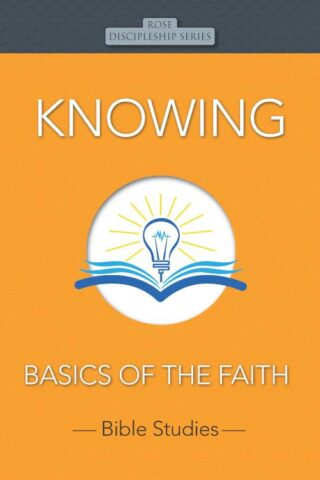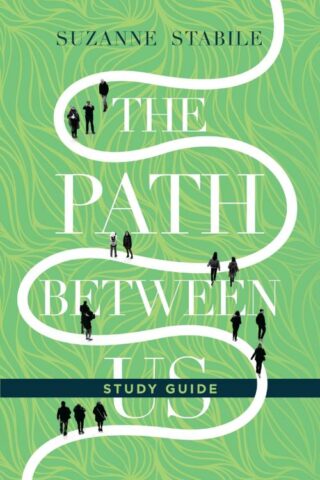Joe Sprinkle
Showing the single result
-
Daniel
$49.99The book of Daniel presents a God who is there and is not silent.
Joe M. Sprinkle connects Daniel with the biblical story. Debates rage around Daniel’s dating, historicity, and referents. With this focus on historical context, Daniel’s canonical context is often lost. While arguing for conservative dating and historicity, Sprinkle focuses on how Daniel is a fulcrum for many theological themes in both the OT and NT. Daniel says much about God’s nature, his relationship with history, the heavenly host, the Messiah, the coming kingdom, and the last things.
The Evangelical Biblical Theology Commentary (EBTC) series locates each biblical book within redemptive history and illuminates its unique theological contributions. All EBTC volumes feature informed exegetical treatment of the biblical book and thorough discussion of its most important theological themes in relation to the canon–all in a style that is useful and accessible to students of Scripture.
Add to cartin stock within 3-5 days of online purchase











